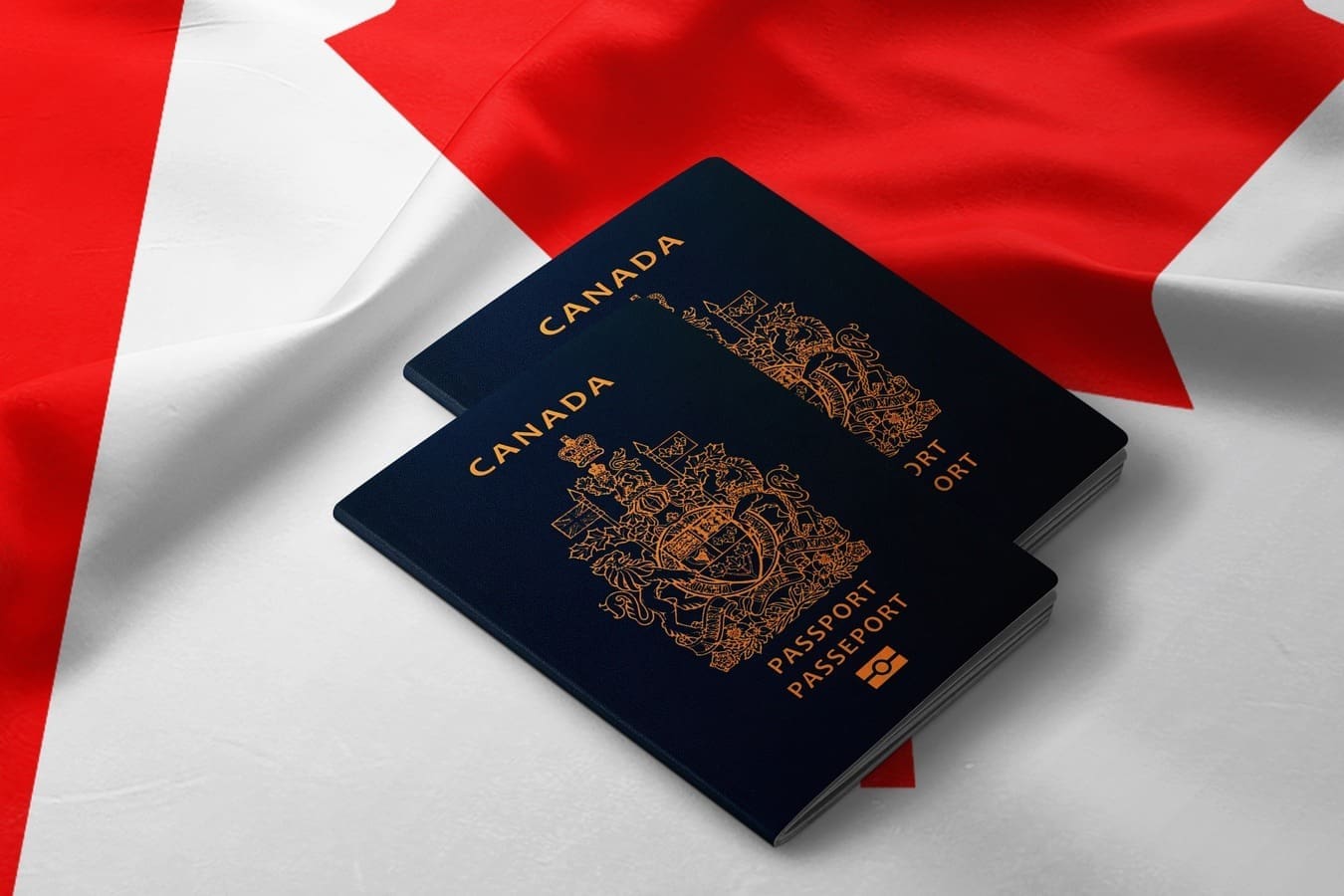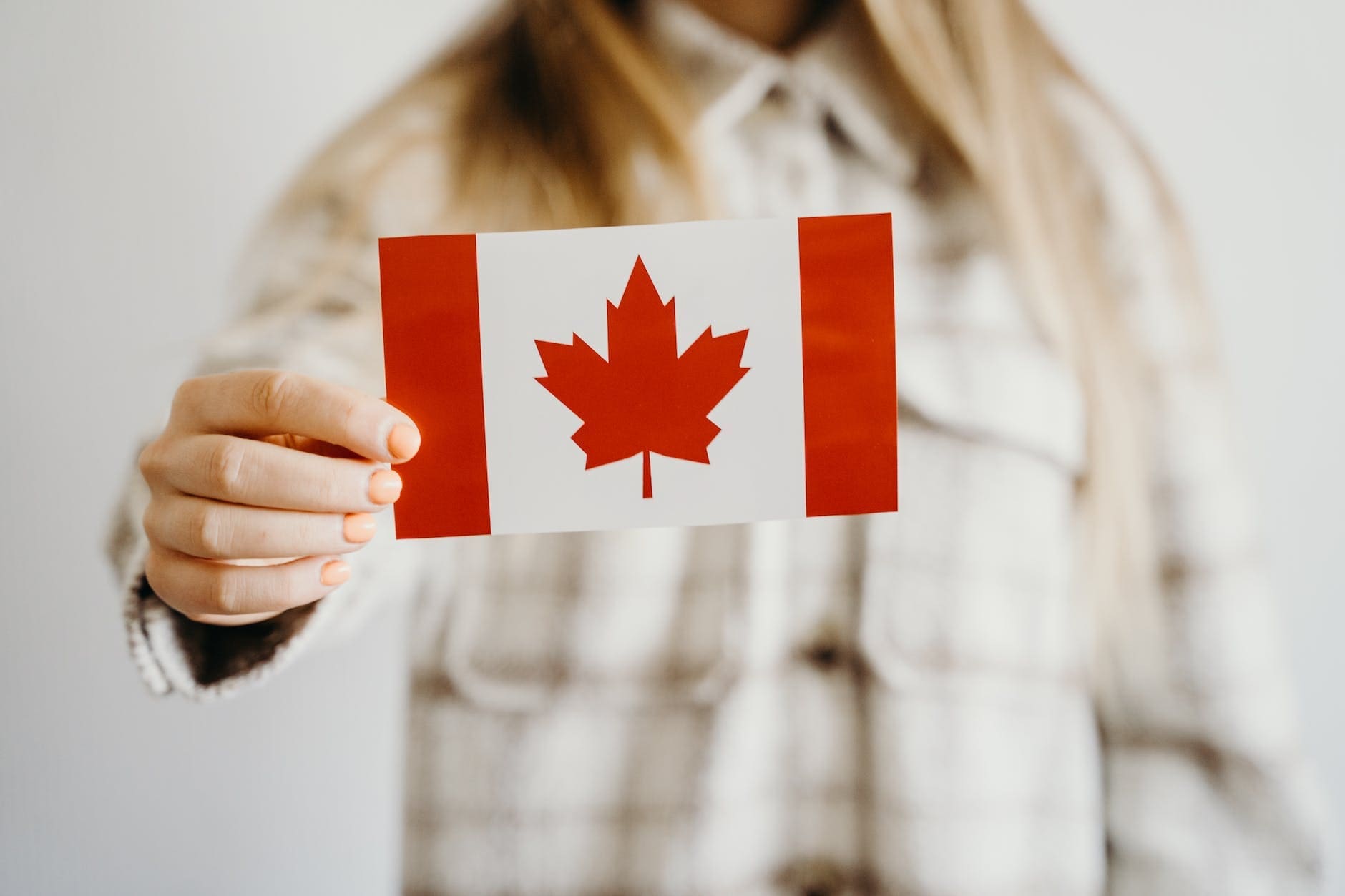Navigating the complexities of Canadian immigration law can be daunting, especially when it involves something as serious as Canadian citizenship revocation. At Cougar Immigration in Windsor, Ontario, we are committed to demystifying this critical issue and providing the clarity you need. Whether you’re a naturalized citizen or in the process of applying for citizenship, understanding the reasons and processes behind citizenship revocation is essential. This guide offers a detailed look into why Canada can revoke citizenship, the legal steps involved, and how you can safeguard your status in the face of such challenges.
Understanding Citizenship Revocation in Canada

Canadian citizenship revocation is an action taken under severe circumstances and involves a legal process that strips an individual of their Canadian citizenship. This measure is taken by the government under specific conditions that warrant such a drastic step. At Cougar Immigration, we believe it’s crucial for every citizen and prospective citizen to understand not only the benefits of Canadian citizenship but also the responsibilities and potential risks involved, including the possibility of having citizenship revoked.
Why Might Canada Revoke Citizenship?
Canadian citizenship revocation is a measure taken under extreme circumstances, primarily aimed at those who obtained citizenship through deceitful means. Here are the primary reasons why Canada can revoke citizenship:
- False representation or fraud: This involves providing misleading information or falsifying documents during the citizenship application process. Transparency is key—any attempt to deceive could lead to serious repercussions, including citizenship revocation.
- Concealment of material circumstances: If an applicant hides information that could affect the decision of their citizenship status, such as criminal history, it can lead to their citizenship being revoked.
It’s important to note that Canadian citizenship revocation is a legal process that the Canadian government does not take lightly. Only after thorough investigations and when substantial proof of fraud or misrepresentation is found, can citizenship be revoked.
The Legal Framework Surrounding Citizenship Revocation
Understanding the process of citizenship revocation is crucial for anyone who holds or is applying for Canadian citizenship. At Cougar Immigration, we believe in empowering our clients with comprehensive knowledge to navigate potential complexities. This section outlines the steps involved in the citizenship revocation process, providing clarity and guidance on what to expect and how to respond.
Step 1: Identification of Grounds for Revocation
The process begins when Canadian authorities, typically through Immigration, Refugees and Citizenship Canada (IRCC), identify potential grounds for citizenship revocation. These grounds usually involve allegations of fraud, misrepresentation, or concealment of material facts during the citizenship application process. The authorities must have substantial evidence that the individual obtained their citizenship by violating the legal standards set forth.
Step 2: Issuance of a Notice
Once potential grounds are established, the individual in question will receive a formal notice. This notice details the specific reasons why citizenship revocation is being considered. It includes the evidence gathered against the individual and informs them of their right to respond. This is a critical juncture where the individual has the opportunity to understand the basis of the allegations.
Step 3: Opportunity to Respond
After receiving the notice, the individual has the opportunity to provide a formal response. This can be done in writing, and the individual may present evidence or legal arguments countering the claims made by the authorities. It is often advisable to seek legal counsel during this stage to ensure a well-prepared and robust defense.
Step 4: Review and Decision by the Federal Court
If the issue progresses beyond the initial response stage, the case will be reviewed by the Federal Court. During this judicial review, the evidence and arguments from both sides are examined. The court’s role is to assess whether the citizenship revocation should proceed based on the law and the facts presented. This is a transparent, fair, and legally rigorous process designed to protect the rights of the individual while upholding the integrity of the Canadian citizenship system.
Step 5: Final Decision and Possible Appeal
The Federal Court’s decision is final, determining whether citizenship will be revoked or the individual will retain their status. If the decision is not favorable, the individual has the right to appeal. An appeal can be made on the grounds of legal errors or new evidence, providing another layer of review and ensuring that the decision is just.
Preventative Measures to Safeguard Your Status

In the realm of Canadian citizenship, understanding and adhering to legal requirements are not just responsibilities—they are essential safeguards that protect your status as a citizen. At Cougar Immigration, we emphasize the importance of proactive measures to help our clients maintain their Canadian citizenship. Here are critical steps every citizen or prospective citizen should consider to prevent citizenship revocation:
- Complete Transparency: Always provide truthful and complete information during your citizenship application. Misrepresentation or omission of vital details, such as criminal history or previous immigration issues, can lead to revocation.
- Adherence to Legal Requirements: Follow all Canadian laws and regulations meticulously. Violations that contradict the terms of your citizenship can trigger an investigation and potentially lead to revocation.
- Maintain Accurate Records: Keep organized records of all application documents and communications with immigration authorities. These documents can be invaluable in proving the validity of your original application if ever questioned.
- Stay Updated: Regularly check for updates in immigration law that might affect your status. Changes in policies or requirements can impact your citizenship if not adhered to.
- Regular Consultations with Immigration Consultants: Engage with a qualified immigration Consultant or a consultancy firm like Cougar Immigration to review your status and ensure compliance with ongoing legal requirements. They can provide proactive guidance and represent you if any issues arise.
How Cougar Immigration Can Assist
At Cougar Immigration, located in Windsor, Ontario, we specialize in assisting individuals who may be facing challenges related to Canadian citizenship revocation. Our team of experienced immigration Consultants understands the complexities of the process of citizenship in Canada, and we are dedicated to providing comprehensive support to safeguard your citizenship status.
Whether you’re concerned about potential risks to your citizenship due to issues such as false representation or concealment of material circumstances, or if you are currently undergoing the citizenship revocation process, Cougar Immigration is here to help. We offer expert legal advice, thorough preparation of your defense, and representation in court proceedings if necessary. Trust Cougar Immigration to advocate for your rights and help maintain your status as a Canadian citizen. Reach out to us today to secure the expert guidance and support you need.







